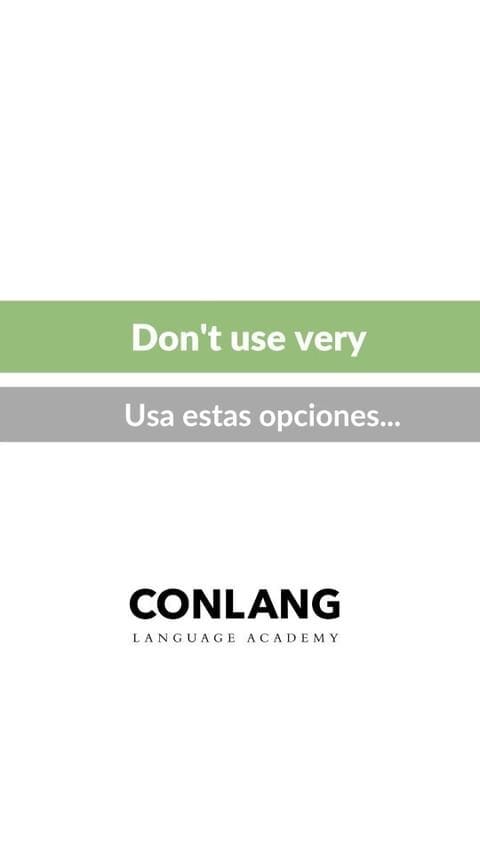- Conlang's Newsletter by Teacher Pablo
- Posts
- Never say "You're wrong" and if you are wrong, admit it.
Never say "You're wrong" and if you are wrong, admit it.
Be conciser avoiding these 4 mistakes | The anatomy of a scandal.

Hola hola mi Conlanger, espero tu primera semana de Diciembre haya ido de lo mejor.
Anuncio importante, he decidido crear la comunidad Conlangers by Teacher Pablo donde en una misma plataforma podrás tener acceso a contenido como plantillas, cursos y más, así como también acceso a un grupo de whats donde el propósito es que sea tu recordatorio y práctica de inglés diario. No abrumarte solo información valiosa y útil. Si deseas unirte te dejo aquí la liga! Te aseguro que te servirá.
Escucha esta edición en la siguiente liga:
Never say "You're wrong" and if you are wrong, admit it.
So we are 60% in of How to win friends and influence people by Dale Carnegie this time we read 2 principles as the title say. Never say “You are wrong” and if you are wrong, admit it.
Dale begins with something really important, You can tell people they are wrong by a look or an intonation or a gesture just as eloquently as you can in words—and if you tell them they are wrong, do you make them want to agree with you? Never! For you have struck a direct blow at their intelligence, judgment, pride and self-respect.
If you are going to prove anything, don’t let anybody know it. Do it so subtly, so adroitly, that no one fell that you are doing it.
You cannot teach a man anything; you can only help him to find it within himself.
Few people are logical. Most of us are prejudiced and biased. Most of us are blighted with preconceived notions, with jealousy, suspicion, fear, envy and pride.
Y eso es lo que no entendemos, justamente hoy platicaba con una alumna, thank you Sandy!, about the importance of understanding how each one of us are totally different from each other, regardless of growing up in the same context or environment.
We sometimes find ourselves changing our minds without any resistance or heavy emotion, but if we are told we are wrong, we resent the imputation and harden our hearts. We are incredibly heedless in the formation of our beliefs, but find ourselves filled with an illicit passion for them when anyone proposes to rob us of their companionship. It is obviously not the ideas themselves that are dear to us, but our self-esteem which is threatened.
When we are wrong, we may admit it to ourselves. And if we are handled gently and tactfully, we may admit it to others and even take pride in our frankness and broad-mindedness. But not if someone else is trying to ram the unpalatable fact down our esophagus.
Aceptar cuando estamos mal te puede cambiar la interacción que estés teniendo con quien sea porque crea empatía y conexión.
When we are right, let’s try to win people gently and tactfully to our way of thinking, and when we are wrong—and that will be surprisingly often, if we are honest with ourselves—let’s admit our mistakes quickly and with enthusiasm.
“By fighting you never get enough, but by yielding you get more than you expected.”
Let me know your thoughts.
Vocabulary, Phrases and Tools
To be concise when writing or even speaking avoid the following 4 problems.
The word in brackets can be removed when you’re editing.
1. Meaningless modifiers or qualifiers
Avoid adding words thinking they'll add meaning or clarity when they don't.
(end) result
(brief) summary
(completely) destroyed
continue (on)
(past) history
plan (ahead)
2. Redundant categories
Avoid including words that spell out the category of a word when it's already obvious.
brief (in duration)
consensus (of opinion)
free (of charge)
(the month of) December
(the state of) Victoria
(period of) 3 weeks
3. Paired words
Avoid using a pair of words when they have roughly the same meaning.
(each and) every
first (and foremost)
(full and) complete
fees (and charges)
cease (and desist)
various (and sundry)
4. Wordy phrases
Avoid phrasing that includes extra words that aren’t doing any extra work.
(in order) to
is (located) at
during (the course of)
until (such time as)
owing to (the fact that)
(both) x and y
Week’s Content
Aquí te comparto uno de los videos de esta semana que justo tiene que ver con el tema anterior sobre encontrar las alternativas para lo que quiero decir.
Recommendations
This week’s recommendation is:
To watch:
Esta semana vi la serie “The anatomy of a scandal”

Recuerda que si no quieres seguir recibiendo este contenido de valor te puedes dar de baja en el siguiente link:
Má

